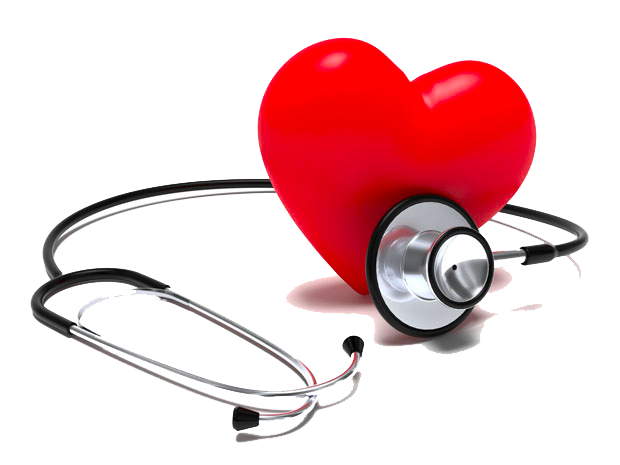
Gastritis is a condition that inflames the stomach lining (the mucosa), causing belly pain, indigestion (dyspepsia), bloating and nausea. It can lead to other problems. Gastritis can come on suddenly (acute) or gradually (chronic). Medications and dietary changes can reduce stomach acid and ease gastritis symptoms.
Your stomach has a protective lining of mucus called the mucosa. This lining protects your stomach from the strong stomach acid that digests food. When something damages or weakens this protective lining, the mucosa becomes inflamed, causing gastritis. A type of bacteria called Helicobacter pylori is the most common bacterial cause of gastritis.
Gastritis occurs when something damages or weakens the stomach lining (mucosa). Different things can trigger the problem, including:
Many people with gastritis don’t have symptoms. People who do have symptoms often mistake them for indigestion. Other signs of gastritis include:
Many people with gastritis don’t have symptoms. People who do have symptoms often mistake them for indigestion. Other signs of gastritis include:

Copyright © 2022 Dr. Sandhya Bade | All Rights Reserved | Created & Crafted By Itorix Infotech
WhatsApp us